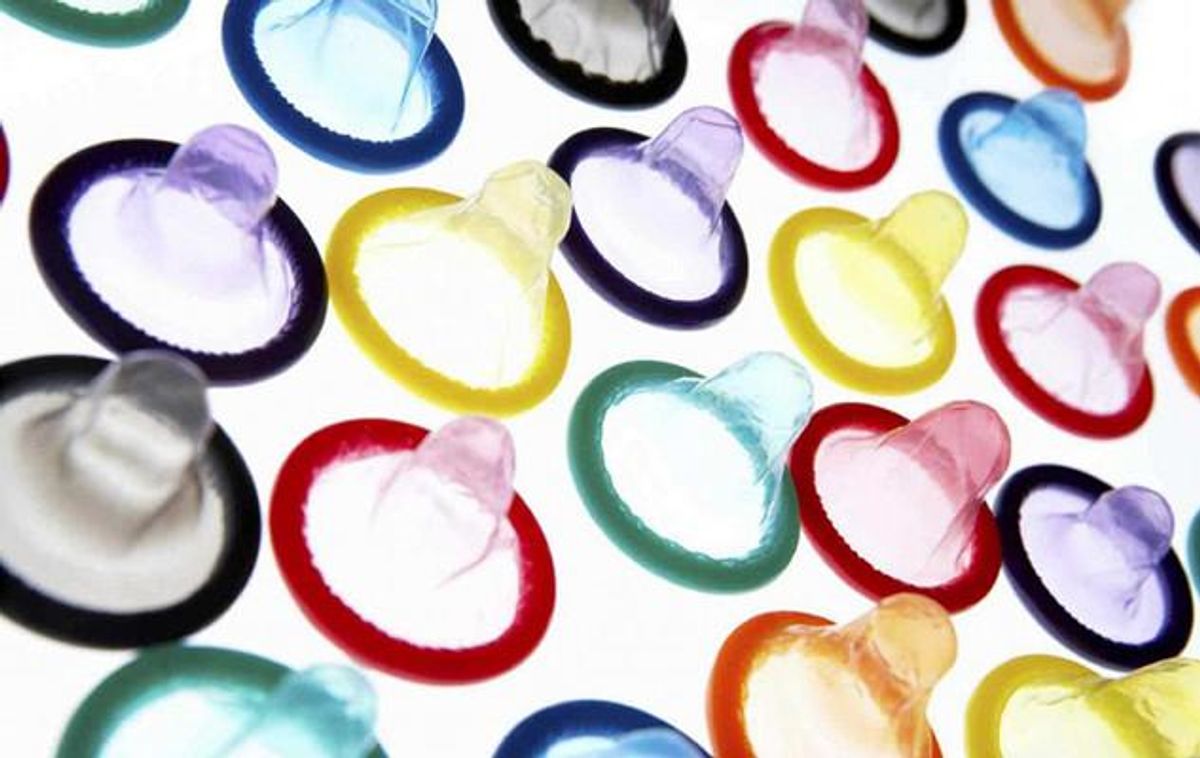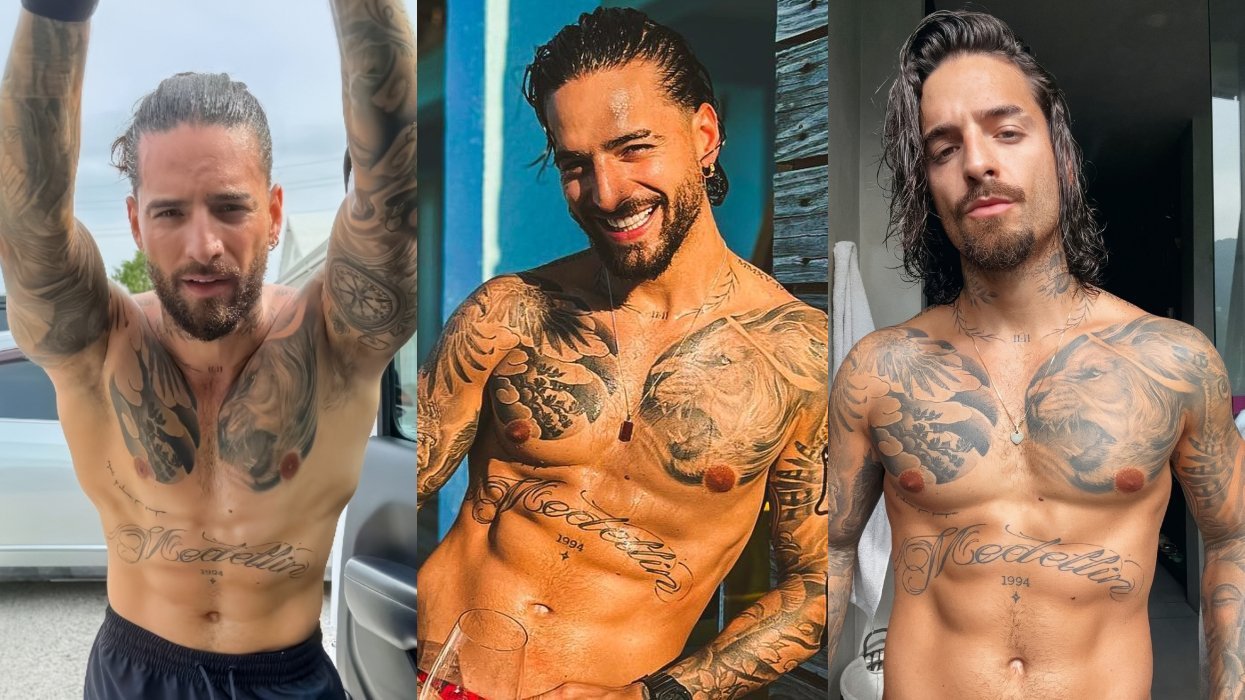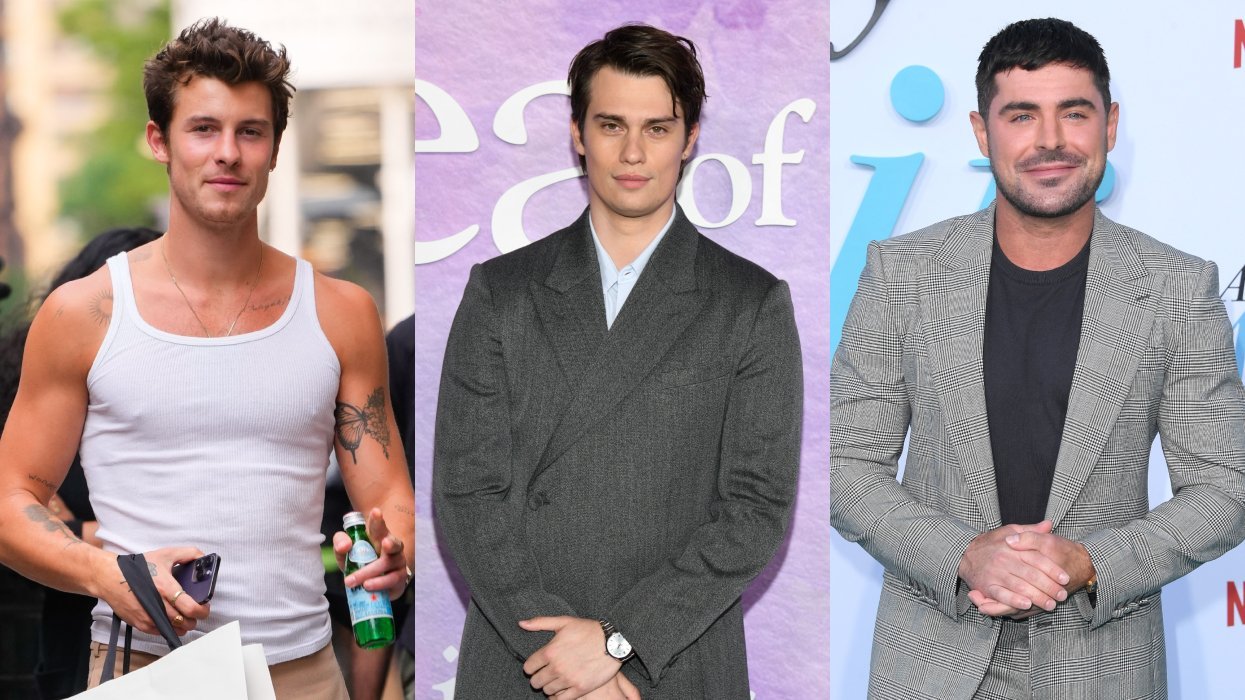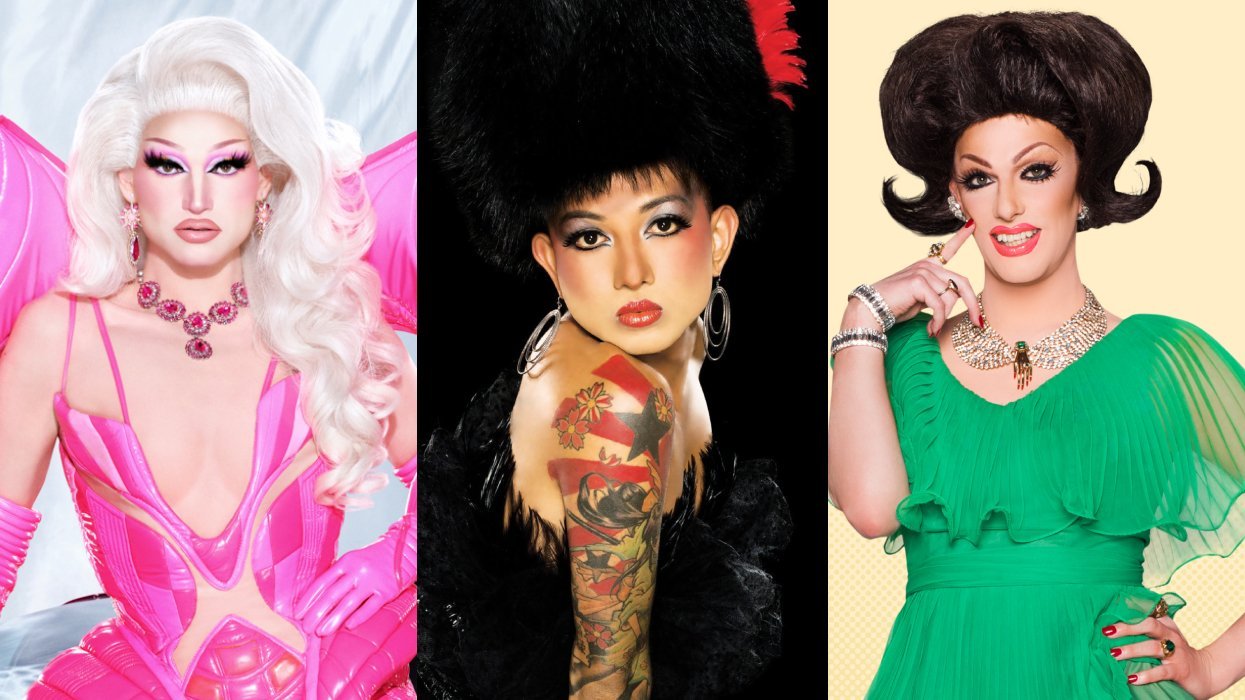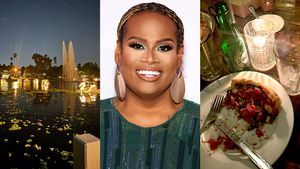Dating is hard no matter what, and with one swipe to the left finding love in the digital age has become that much harder. Being black and queer, I've found that discovering romance is more nuanced because of my race and my sexuality. In an effort, to cleanse myself from falling into the same familiar habits of casual sex with predictable partners, I decided to see if I could be celibate for at least 30 days.
Although 30 days may seem like a short time-span for long-practicing celibates, for me this was an experiment to see whether or not consciously abstaining from intimacy would have an impact on who I view as desirable and the way I view myself. Especially given the common myth that all gay men in their 20s and beyond are promiscuous.
I began by deleting my dating apps, which have become all but useless. With a few taps, the hundreds of ghosted conversations I'd had with eligible bachelors disappeared as quickly as they were swiped right.
Clearing my phone of distractions was easy, and in the first week, I thought, "I can do this--no problem." My celibacy only included abstaining from penetrative oral and anal sex, but I continued to masturbate alone or with a partner. And though my sexual frustration gnawed at me like a rabid animal for more, I was determined to reclaim a part of my sexual power that was different from embracing my natural desires.
For the most part, I kept my sexual practices, or lack thereof, secret. While I listened to my friends and co-workers exchange stories about weekend flings and late night hook-ups I sat silently, musing about my views on sex in general. I pride myself on having a sex positive attitude, openly connecting for Grindr trysts, and I'm always down to "Netflix n chill." For me, sex has usually been a casual way of interacting with someone that I'm attracted to, but I've always wanted more.
I've been sexually active since high school, having brief encounters here and there, but remained pretty conservative until moving to a big city from my hometown in the suburbs. Being in a metropolitan area was like removing the lid from Pandora's Box of sexual desires where any sexual fantasy could be fulfilled at any time, which was fantastic, but it became increasingly hollow.
While abstaining I still went on dates, tagged along with friends to bars and flirted with men, but being celibate was about more than just not having sex. Being black, queer and having predominantly dated white men, meant that abstaining from sex was to avoid white ideals of beauty that I am usually drawn to.
Historically, black men and women have been portrayed as overly sexual as a way to disregard our humanity. The roots of this misconception come from slavery when black bodies were used for breeding in an economy based on free labor.
Today, that impact has created the stereotype that black men are nothing more than largely endowed creatures with an insatiable sexual appetite. From the porn industry to daily microaggressions on hookup apps, or problematic depictions in media from the mandingo to the anaconda, black men, and to a greater extent black women, are often depicted as sexual objects.
Celibacy meant taking the time to appreciate myself, my body, and my blackness without being thought of as a taste, curiosity, or fantasy. In a way, it was a form of healing from the emotional and spiritual trauma of being discriminated against or fetishized.
After 40 days of celibacy, I finally "broke the seal" with a one-night-stand with a friend. The experience felt explosive, tantric, and heightened from the extended period of deprivation. But aside from just connecting with someone physically we also developed a deeper bond outside the bedroom, sharing stories about our childhood, work, and dating other men. It was the exchange that I've been looking for--in fact, needing--to validate myself as a sexual being and not a sexual commodity.
It's been more than a month since my test in discipline and self-discovery. Beyond having sex again, I gained a new appreciation for physical intimacy, and a greater sense of intuition when choosing partners.
I now ask myself certain questions: do I feel comfortable having sex with this person? Am I having sex because I think that's what's expected of me? If I wasn't in a sexual relationship with this person would he still be interested in knowing me?
I'm still stumbling through sexual experiences and relationships, but I feel more empowered in the choices that I make and the people that I choose to make them with. Most of all, I am no longer willing to passively accept socially constructed ideals of beauty.
In turning down sex, I've come to terms with my blackness and how it relates to my sexual identity. My journey to self-acceptance is still continuing, but I feel one step closer.
Aaron Barksdale is a culture writer based in Brooklyn, New York. He loves skating and all things nerdy, and holds degrees from both the College Of William and Mary and Columbia University.
